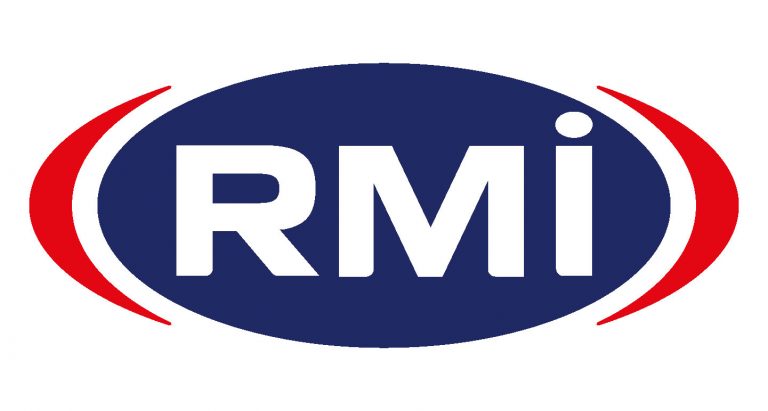Three years ago the RMI’s wage negotiating team was knee-deep into the process of negotiating a new wage and substantive agreement, under the auspices of MIBCO, for the period September 2019 to August 2022. After many months of robust bargaining, a settlement agreement was eventually signed in January 2020 and only published in March 2020 for the three-year period ending August 2022.
At the same time, the State President proclaimed the National State of Disaster as a result of the outbreak of COVID-19, effectively shutting down our industry until the beginning of June 2020. This had an incredibly debilitating effect on the sustainability of many of the businesses in the industry, and whilst employees in many other industries had to forego their agreed increases as a result of the economic slowdown, employers in our industry honoured the wage agreement of MIBCO and continued to implement the agreed wage adjustments over the 30-month period. Our industry still bears the scars of the impact of the lock-down, which spanned almost 24 months.
This time, the RMI wage negotiating team has the responsibility to ensure that when negotiating a new wage and substantive agreement, careful consideration is paid towards the future sustainability of businesses in the automotive aftermarket.
Central to the negotiations this year will be :
-The current unemployment and retrenchment rates.
-The current and forecasted vehicle sales of the automotive retail sector.
-The current and forecasted effects of COVID-19 on the economy.
-The current and forecasted consumer price index.
-The impact of interest rate increases on the ability of businesses to fund expansive projects in aid of job retention and creation.
-The impact of fuel price increases on consumer behaviour and its concomitant impact on vehicle sales, maintenance and repairs.
The RMI negotiating team will pursue the adjustment of wages in the industry and be informed by prevailing inflation rates over a three-year period, as well as any other measures that will aid the growth, sustainability, prosperity and stability of the automotive retail sector. Against the backdrop of exceptionally high and ever-increasing unemployment statistics, it is important to remain cognisant of any factors that may pose a risk to employment retention and the creation of new jobs.
The following core principles are key for sustainability in the industry for the ensuing period of the new wage agreement;
-The retention of a 45-hour work week.
-A bargaining council system that caters for the specific needs and aspirations of micro, small and medium enterprises, that constitute more than 75% of all businesses in the sector, and which provides sufficient accommodation for the diversity that exists between the various sub-sectors within the automotive retail sector.
-A wage model (ranging from minimum wage increases only, to actual wage increases as is presently the case) that provides for basic minimum terms and conditions of employment that suits the particular and peculiar business needs of the various sub-sectors.
-The assurance that businesses in the regulated retail fuel sub-sector receive concomitant compensation from a regulatory accounting system to ensure continued and sustainable employment in that sector.
-The conclusion of multi-year agreements that provide for policy and trading certainty.
-The maintenance of the eight-grade system to provide for a meaningful division of labour in the workplace.
-A unified and consistent peace clause that provides for labour peace and prosperity.
-A set-off clause that protects employers who implement increases in advance;
-The maintenance of an agreement cycle that does not cause undue disruption in the operations of employers.
-Ensuring that any collective agreement concluded at industry level be extended by the Department of Labour and Employment to non-parties as a suspensive condition, in aid of a level playing field throughout the industry.
-The introduction into all MIBCO collective agreements of a force majeure clause to allow for a different dispensation and outcomes as a result of another national state of disaster like COVID-19 during the duration of the collective agreements.
Members can rest assured that the process and outcome of negotiations are in very capable hands and that the negotiating team will leave no stone unturned to ensure that the sustainability of businesses in our industry is not only preserved, but promoted.
The RMI completed its first series of mandating roadshows in the latter part of May to canvass the views and input from members, not only on the demands of the trade unions, but also what the outcomes of the negotiations should be.
We are grateful for the valuable input and feedback we received from Members during the roadshows and would urge Members to make every effort to attend future mandate sessions, as they are intended to empower the negotiating team with your needs and aspirations as employers.
As always, the RMI will keep you updated on progress. If you wish to share your views in this regard, please contact the RMI’s negotiating team convenor, Jacques Viljoen on jacques.viljoen@rmi.org.za



